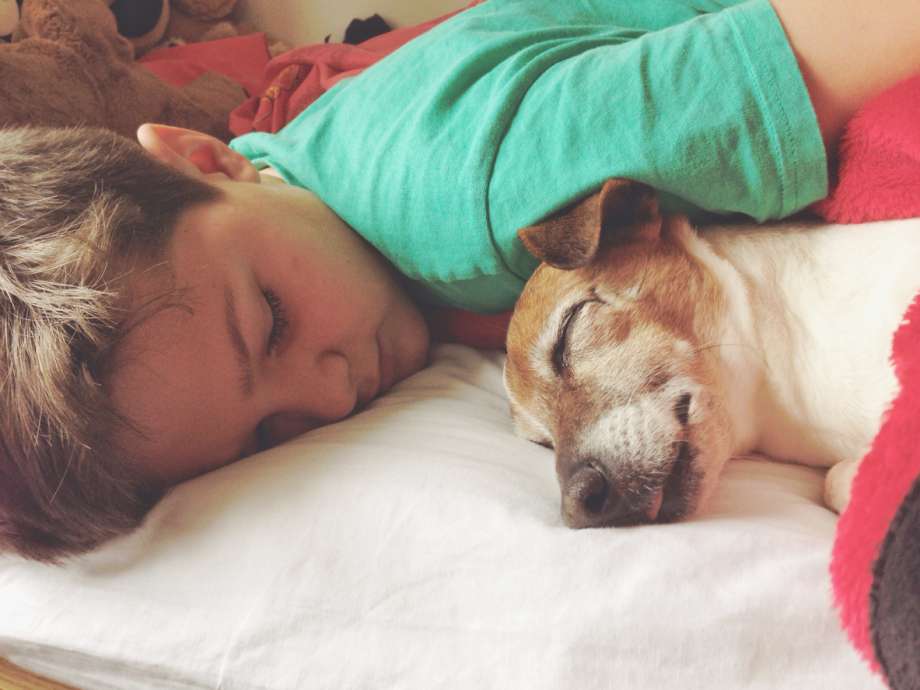Tween Sleep Facts

Tween Sleep Facts
It is a myth that by adopting a hands-off approach to bedtime, your child's need for sleep will motivate her to go to bed when she is tired and ensure that she gets enough rest to maintain good physical and mental health. Chronic sleep deprivation is a serious problem that takes a huge toll on large segments of the modern tween population. It is a little-known fact that sleep deprivation can manifest as attention problems and hyperactivity. Contrary to what most people think, it is not possible to make up for lost sleep on the weekends. Once sleep is lost, it is gone forever.
By laying down ironclad bedtime rules, parents can avoid the nightly discussions, negotiations, and arguments that rev kids up when they're supposed to be winding down. However, ordering your tween to get some sleep doesn't teach her how to accomplish this tricky feat. More compliant children may crawl into bed and turn off the light on command, but that doesn't mean they know how to squelch the niggling worries and fears that keep them tossing and turning for long periods each night. In addition to setting bedtimes, you need to teach basic sleep skills and create the conditions your tween needs to get enough rest.
Alert!
You can't send your child to his room as a punishment during the day and expect him to feel good about being sent there at night. He needs a sleep environment he associates with comfort and calm, not tension and turmoil.
How much sleep your child needs is influenced by her age, whether she is going through a growth spurt, how much stress she is under, and how much exercise she is getting. Here are some guidelines, but keep in mind that children need more sleep when they are younger, growing, under stress, and getting lots of exercise.
- Age eight: 10¼ to 10¾ hours
- Age nine: 10 hours
- Age ten to thirteen: 9¾ to 10 hours
To tell whether your tween needs to spend more time sawing logs, watch for the telltale signs that she is overly tired:
- Sunken appearance of the eyes
- Difficulty awakening in the morning
- Trouble learning in school
- Falling asleep in class
- Napping after school
- Falling asleep during car rides
- Irritability
- Tearfulness
- Hyperactivity
- Difficulty unwinding at bedtime
Being tired produces a state of tension that makes it hard to relax enough to fall asleep, so it is important to be sure your tween gets to bed when she is sleepy or she may have difficulty unwinding. Watch for yawning, a puffy face, slowed movements and speech, and lots of rubbing of the eyes. Determine the time at which sleepiness typically occurs by keeping track for a week; then have your tween start getting ready for bed early enough so that she can crawl in before she gets tired.